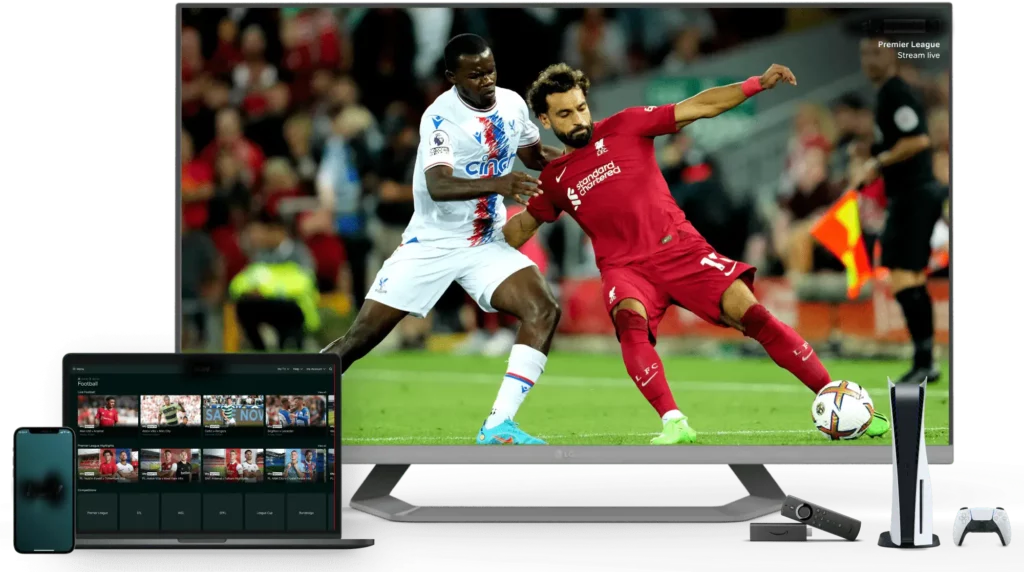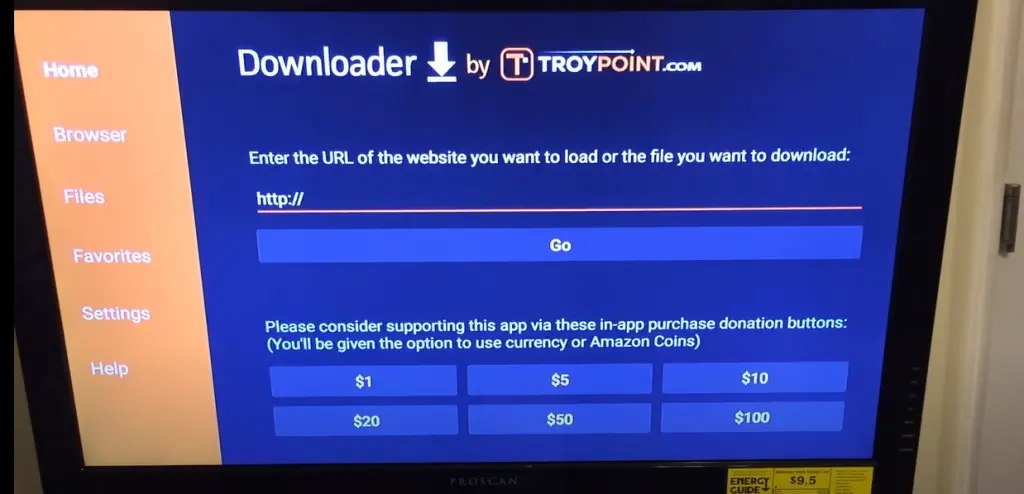How Much Bandwidth Does IPTV Consume
In today’s fast-paced digital world, IPTV (Internet Protocol Television) has gained immense popularity, allowing users to access their favorite TV programs and videos via an internet connection. One of the most common concerns among IPTV users is how much bandwidth is consumed while streaming content.
Bandwidth is the amount of data that can be transmitted over a network or internet connection within a specific time. It is measured in bits per second (bps) or Mega bits per second (Mbps). The amount of bandwidth needed to stream IPTV content depends on the quality of the video, which is defined by the resolution, bit rate, and frame rate.
Video Quality and Bandwidth Consumption
The video quality of IPTV content is measured by resolution, which is the number of pixels in a video image. The standard resolution for IPTV content is 720p (1280×720 pixels) or 1080p (1920×1080 pixels). However, higher-resolution videos, such as 4K (3840×2160 pixels) can consume more bandwidth compared to lower resolution videos.
The bit rate of the video is the amount of data transmitted per second, expressed in bits per second (bps). Generally, higher bit rates mean a higher quality video, but it also means more data. The bit rate required for streaming IPTV varies depending on the quality of the video, but typically ranges from 2-10 Mbps for 720p, 10-20 Mbps for 1080p, and up to 50 Mbps for 4K.
Frame rate refers to the number of video frames displayed per second. The higher the frame rate, the smoother the video appears. However, it also increases the bandwidth required to transmit the video. Most IPTV channels have a frame rate of 30 frames per second (fps).
Factors That Affect Bandwidth Consumption
Apart from the video quality, several other factors can affect the bandwidth consumed while streaming IPTV. These include:
- The number of devices connected to the same network. The more devices connected, the more bandwidth is shared among them.
- The quality of your internet connection (i.e. upload and download speed). Higher internet speeds will enable smoother streaming of IPTV content, while slower speeds can lead to buffering or poor quality video.
- The IPTV platform being used. Different IPTV providers may use different compression technologies that can affect the quality and bandwidth consumption.
Conclusion
In conclusion, the amount of bandwidth consumed while streaming IPTV content depends on several factors like the quality of the video, bitrate and frame rate, the number of devices using the Internet connection, internet speed, and compression technology used by IPTV provider. To avoid buffering or poor quality video, it is recommended to have an internet connection of at least 20 Mbps per device and limit the number of devices connected to the same network while streaming IPTV content. Understanding these factors is crucial in ensuring that you enjoy your IPTV experience without any interruptions.
Get your subscription today: iptvuk.uk






